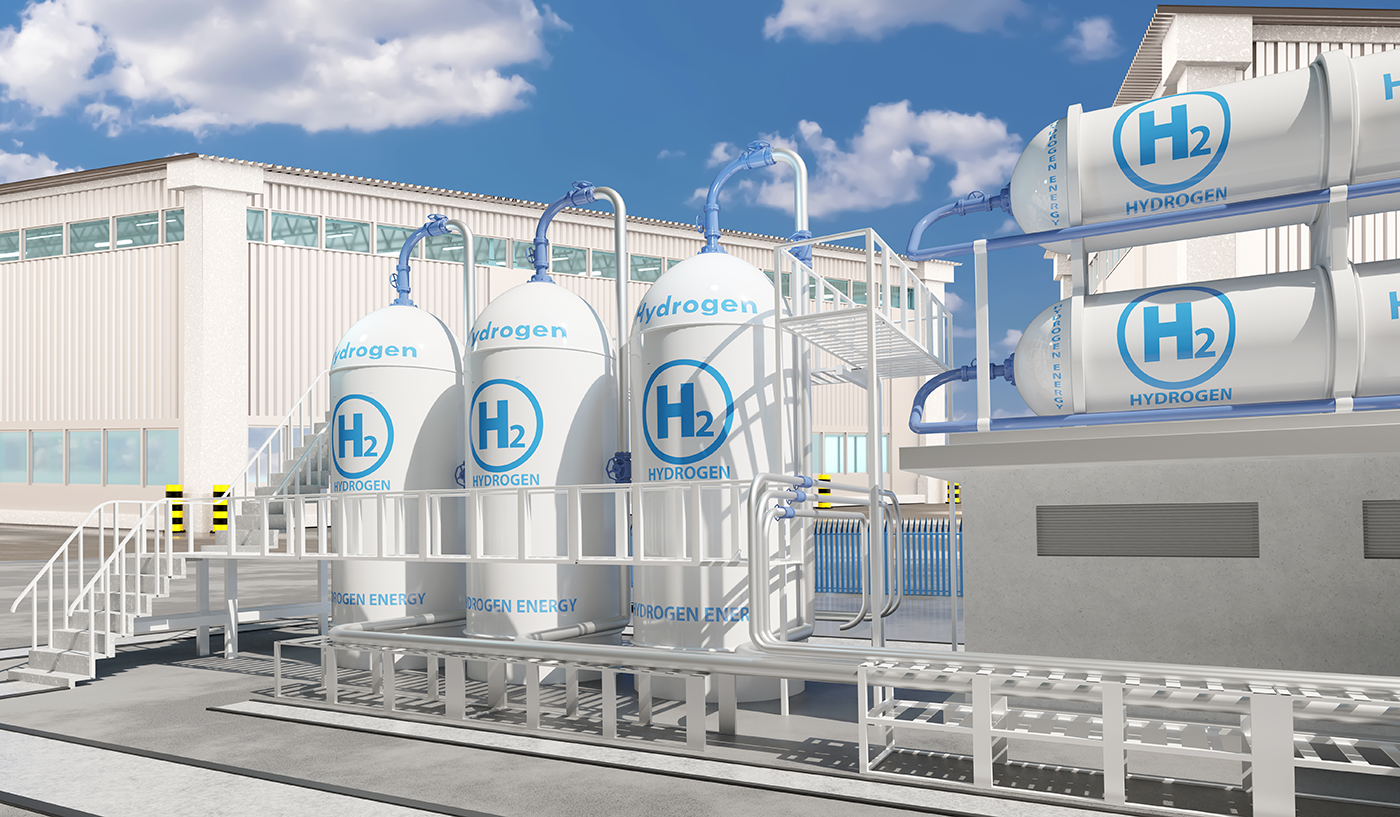
McAlpha | Novel electrochemical process reactor for low-carbon ammonia production
Industry context/challenge
Ammonia is essential to agriculture and industry, mainly for fertiliser production. However, the conventional Haber-Bosch process is highly energy-intensive and contributes over 2% of global CO₂ emissions. As pressure grows to decarbonise hard-to-abate sectors, like chemical manufacturing, the industry urgently needs cleaner, more efficient methods aligned with net zero goals.
This project responded to that challenge by developing a novel electrochemical process for ammonia synthesis. Using renewable hydrogen and nitrogen from air, the method operates under milder conditions in a membrane reactor offering a low-carbon alternative to the traditional process.
Project overview
Led by McAlpha Inc. and Robert Gordon University, and supported by the Net Zero Technology Centre, this 18-month research and development (R&D) project aimed to replace the energy-intensive Haber-Bosch method with a cleaner alternative for zero-carbon ammonia production.
The team advanced the Technology Readiness Level (TRL) from early-stage concept (TRL1) to lab-scale validation (TRL 4), demonstrating over 90% ammonia conversion at significantly lower temperatures (250–350°C) and pressures (0.6–1 bar). An Aspen HYSYS simulation indicates a conversion rate of 99.09%, consistent with results from bench-scale experiments. Success was driven by the development of novel catalysts and membrane reactor systems. The team completed all key milestones, positioning the technology for further development and commercialisation.
Key results and achievements
- Progressed from TRL 1 to TRL 4, surpassing the initial TRL 3 target
- Achieved over 90% ammonia yield in a single pass under mild conditions, compared to 15% with Haber-Bosch
- Demonstrated potential for more than 50% lower energy consumption
- Developed and tested low-cost, thermostable nanocatalysts (tiny, heat-resistant materials) for use with renewable hydrogen and nitrogen
- Validated that special membranes can separate gases efficiently, helping make the ammonia process more effective and reducing waste
- Less than 10% catalyst load required compared with conventional process
- Built and tested a full working model of the process to help understand costs, performance and how the system could be added to existing facilities in the future
- Initiated commercialisation through business modelling, scaling studies and stakeholder engagement
Industry value
This project offers a major breakthrough in decarbonising one of the most carbon-intensive industrial processes globally. By proving a viable electrochemical alternative, it lays the groundwork for scalable, energy-efficient and emissions-light ammonia synthesis powered by renewables.
Key benefits for industry include
Lower energy costs and operational emissions
Alignment with net zero and sustainability targets
Integration potential into green and blue ammonia supply chains
Applicability across agriculture, transport and energy storage
Strengthened business case for investment in electrochemical manufacturing
“We are deeply grateful to the Net Zero Technology Centre for their invaluable support throughout this transformative project. Their partnership enabled us to push the boundaries of innovation and bring a novel electrochemical ammonia synthesis process closer to reality. Together, we’ve taken a significant step toward decarbonising a cornerstone of global industry, and we look forward to building on this momentum to drive sustainable impact at scale.”
Ayo Giwa, P.Eng. President, McAlpha Inc.
Open Innovation Competitions
Whether you’re an energy company looking for technology adoption or a venture capitalist looking for investment opportunities, the search to find technologies that align with your specific requirements, systems and goals can be overwhelming.
Our Open Innovation Competitions help you attract and select impactful clean technologies from the market, allowing you to trial and adopt the most promising innovations that can help transform, decarbonise, and future-proof your operations.

Let's work together
"Required" indicates required fields



